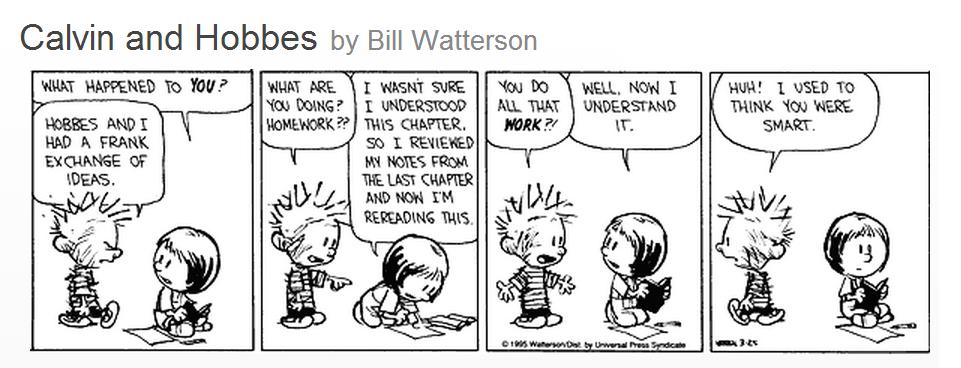 Carol Dweck’s research on Mindset is invaluable to students, parents and teachers. This post includes videos, articles, books, quotes, graphics, for all ages. Learning about the brain and our own thinking help all of us to be motivated, independent, self-directed, life-long learners.
Carol Dweck’s research on Mindset is invaluable to students, parents and teachers. This post includes videos, articles, books, quotes, graphics, for all ages. Learning about the brain and our own thinking help all of us to be motivated, independent, self-directed, life-long learners.
Sports or School – It doesn’t matter. It is understanding that in order to develop your talents you always need to work hard. Be a M.I.S.I.L.(Motivated Independent Self-Directed Learner) It is up to you.This film was developed by sportscotland to help young athletes understand what ‘talent’ is and how you can get good at sport – it’s more of a choice than you might think.
Growth Mind-Set vs Fixed Mind Set – What are you?
An explanation on why it is important to be “independent self-directed learners” –
How Your Brain Learns
Cells that Fire Together, Wire Together
By: Barbara Bray
Neuroplasticity means that if you perform a task or recall some information, that causes different neurons to fire in concert. It strengthens the connections between those cells. Researcher and middle school teacher Judy Willis, in this same article, wrote that she saw that her students were more motivated when they knew that they were all fully physically capable of building knowledge and changing their brains. She provided a few tips to create a learning environment that encourages students to learn:
- Practice, practice, practice. When students learn content in different ways, repeat an activity and then retrieve that memory they build thicker, stronger, more hard-wired connections in the brain.
- Put information in context. Tap into already-existing pathways by recognizing that learning is the formation of new or stronger neural connections. Stop rote memorization of isolated facts. Facilitate students connecting the dots and how the concept they are learning is related to past experiences and the real-world.
- Let students know that this is how the brain works. Intelligence is not predetermined especially for students who believe they are ‘not smart.’ If students realize they have the power to change their brains, they will be empowered to learn more and in different ways.
How Not to Talk to Your Kids: The Inverse Power of Praise
50 RESOURCES
Growth Mindset Quotes – Select on, reflect and post a comment.

Articles about cultivating a Growth Mindset:
“How Not to Raise a Quitter” by Dr. Michele Borba
“Teaching Grit: How to Help Students Overcome Inner Obstacles” by Vicki Zakrzewski
“Teaching Persistence: How to Develop Student Stamina” by Norene Wiesen
“Impact of Mindset on Teaching and Learning” by Drew Frank
“Growth Mindset Framing” by Mindset Words Educator
Books about Mindsets:
Mindset: The New Psychology of Success by Carol Dweck
Mindsets in the Classroom: Building a Culture of Success and Student Achievement in Schools by: Mary Ricci
Children’s Books about Mindsets:
Your Fantastic Elastic Brain by: Joann Deak
The Most Magnificent Thing by: Ashley Spires
What Do You Do With an Idea? by: Kobi Yamada
Beautiful Oops! by: Barney Saltzberg
The OK Book by: Amy Rosenthal
Great Graphics:
Growth Mindset vs. Fixed Mindset
Here is a rubric from Dan Gross of IDE that ties in well with executive function and student responsibility.


